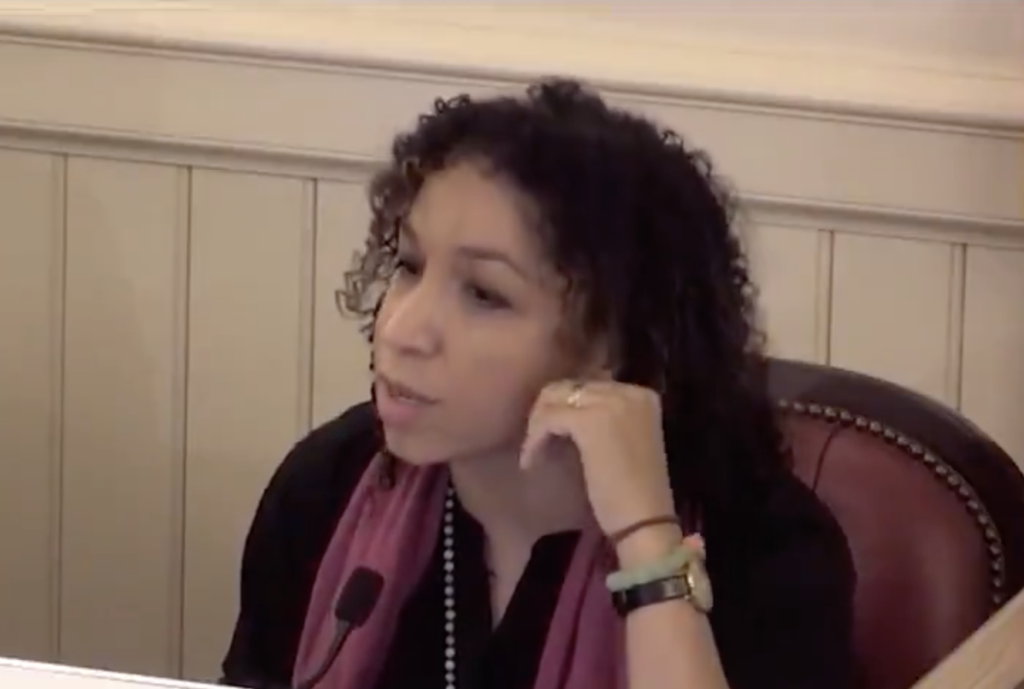Democratic Rep. Janine Boyd, a state representative from Ohio, drafted an amendment this month to exempt unborn African-American babies from the state’s recently implemented pro-life legislation.
The law, dubbed the “heartbeat bill,” bans abortion after a fetal heartbeat is detected, which usually occurs around six weeks into a pregnancy.
Boyd, though, sees the bill as problematic for the African-American community and compared the protection of unborn infants to the slave trade:
I consider the slave trade and how black slaves were once treated like cattle and put out to stud in order to create generations of more slaves. I consider how many masters raped their slaves.
I consider how many masters forced their slaves to have abortions and I consider how many pregnant slaves self-induced abortions so they would not contribute children they had to the slave system that was the foundational economic system of our country, our younger country.
She went on to argue the U.S. “is not far enough beyond our history to legislate as if it is.”
In response to Boyd’s comments, state Rep. Derek Merrin (R) said he “strongly object[s]” to her amendment, which was ultimately struck down by a vote of 11-7.
“I believe — and I believe the majority of this committee believes — the law should be applied equally to all citizens of this state, regardless of race,” he said.
The pro-life law’s history
Gov. Mike DeWine (R) signed the state’s “heartbeat bill” into law earlier this month, making Ohio the sixth state in the U.S. to attempt to outlaw abortion after a fetal heartbeat is detectable, which usually happens around six weeks into pregnancy.
Unless it is blocked by a federal judge, the legislation will go into effect in a few months. Hoping to halt the law, the American Civil Liberties Union is gearing up to sue the state soon.
DeWine has argued the bill will “protect the most vulnerable among us,” but Freda Levenson, legal director of ACLU of Ohio, sees the law as a “very clear violation of women’s constitutional rights that have been established for close to 50 years under ‘Roe v. Wade,’ which became the law of the land in 1973.”
“Women have a categorical right to abortions up until fetal viability,” she added.
Republican legislators attempted to pass the “heartbeat bill” several times in the past, but the legislation was vetoed twice by former Gov. John Kasich (R).
He argued the pro-life bill would be too costly for the state to defend in federal court.



